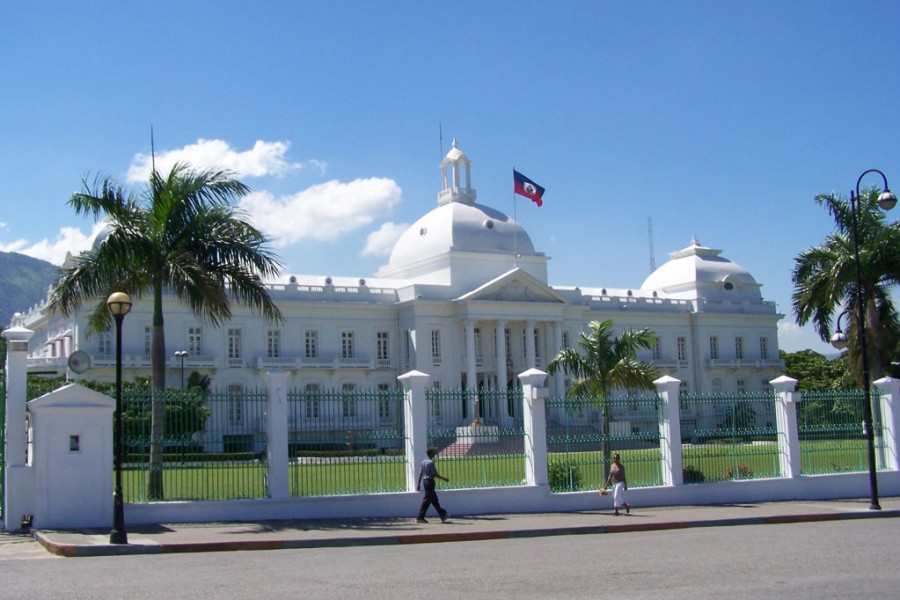This Tuesday, the Haitian government introduced a transitional council to lead the nation after Prime Minister Ariel Henry’s resignation.
This strategic move aims to stabilize Haiti, which has been grappling with increased violence and political turmoil.
The council will serve until February 2026, appointing new leadership and exercising certain presidential powers.
The council’s installation date is not yet set, and legal experts foresee a lengthy and complex confirmation process for its members.
Some nominees may face rejection, adding complexity to the political transition.
Prime Minister Ariel Henry had left Haiti in February to solicit international assistance against the severe gang-related violence that plagues the country.

However, intensifying violence prevented his return, prompting his resignation.
In his stead, Finance Minister Michel Patrick Boisvert has temporarily led the government, focusing mainly on implementing nighttime curfews to maintain order.
The council, formalized just last Friday, consists of seven voting members and two non-voting observers.
Haiti’s Transitional Council Takes Shape Amid Crisis
It features key figures such as ex-central bank governor Fritz Alphonse Jean and former ambassador Smith Augustin, with experts from multiple sectors.
Non-voting members from civil society include an evangelical pastor and a former World Bank worker, highlighting the council’s varied makeup.
Since Henry’s departure, gang violence has escalated, leading to significant disruptions, including the closure of ports and the capital’s airport.
The violence has displaced at least 360,000 people, with nearly half of Haiti’s population now facing food insecurity.
The transitional council in Haiti marks a crucial step toward overcoming instability and building a stable governance structure.
Controversy Surrounds Haiti’s Transition Council Decree
Two days ago, Haiti’s government faced immediate criticism after issuing a decree to establish the Presidential Transition Council (CPT).
Political organizations and civil society groups quickly responded with a formal letter, rejecting the changes made unilaterally by the government.
They argued these alterations distorted the intended dual-headed executive structure of the CPT, derailing months of careful negotiations.

